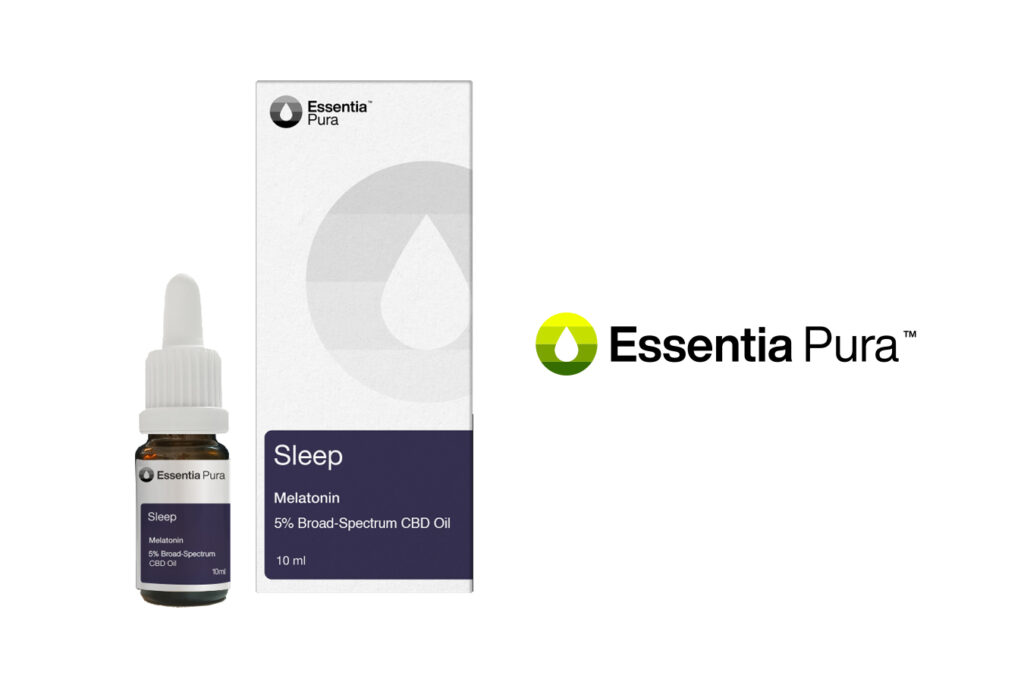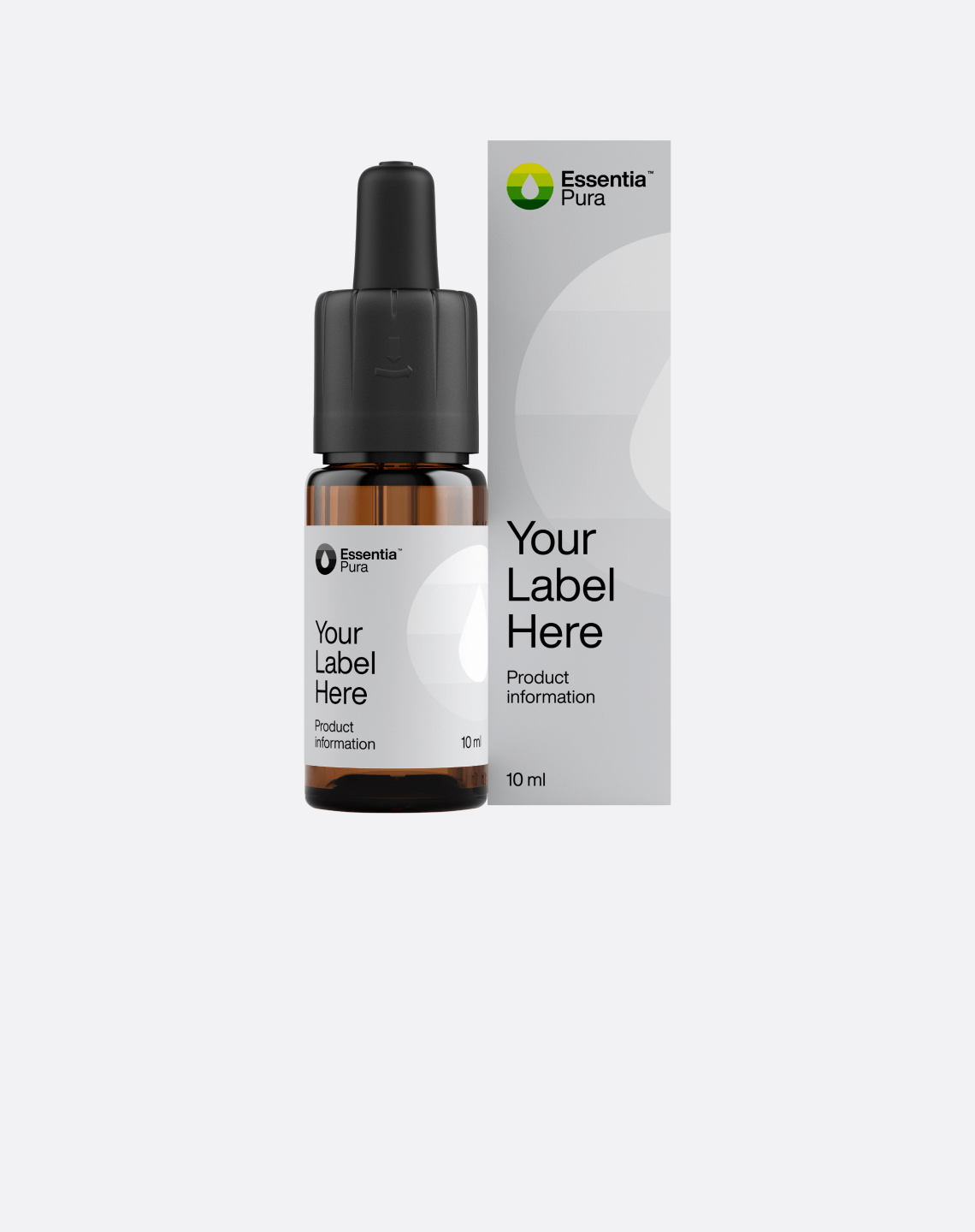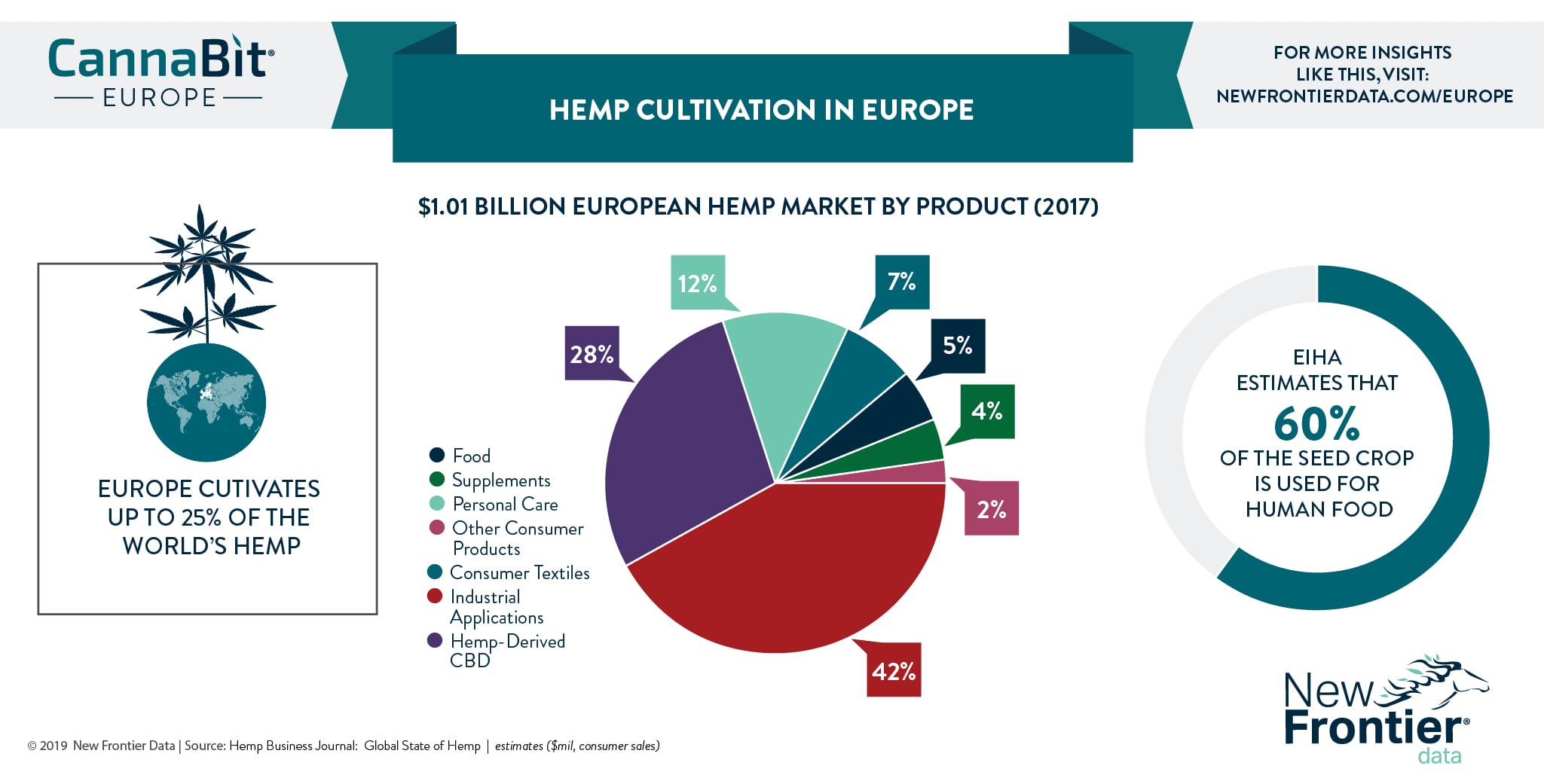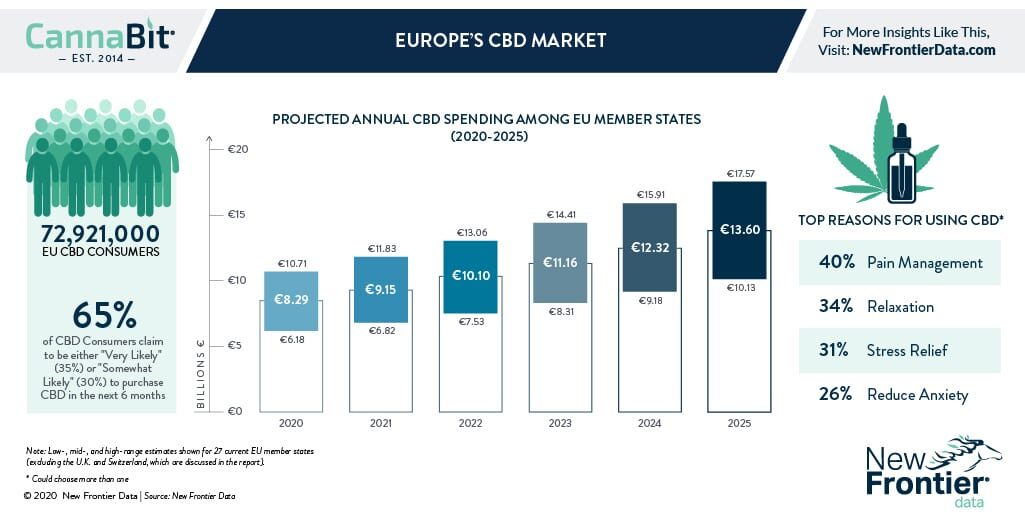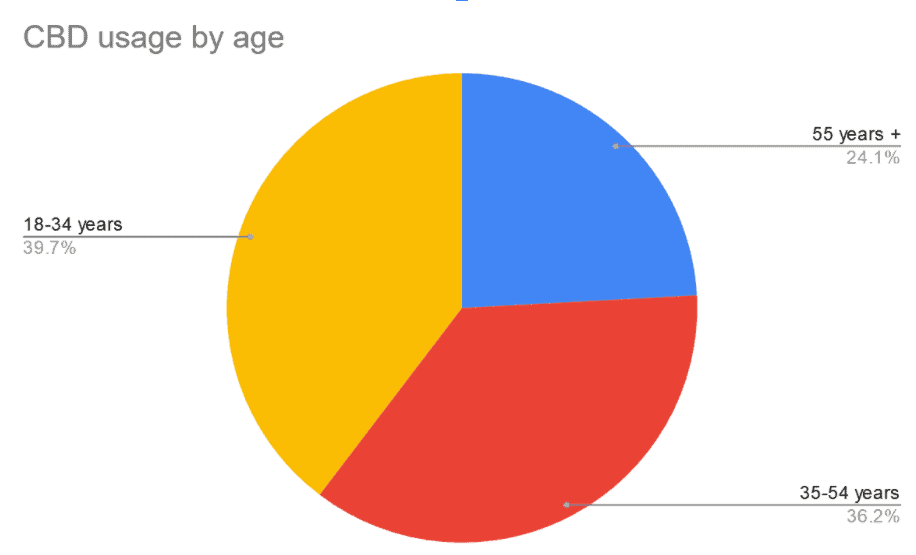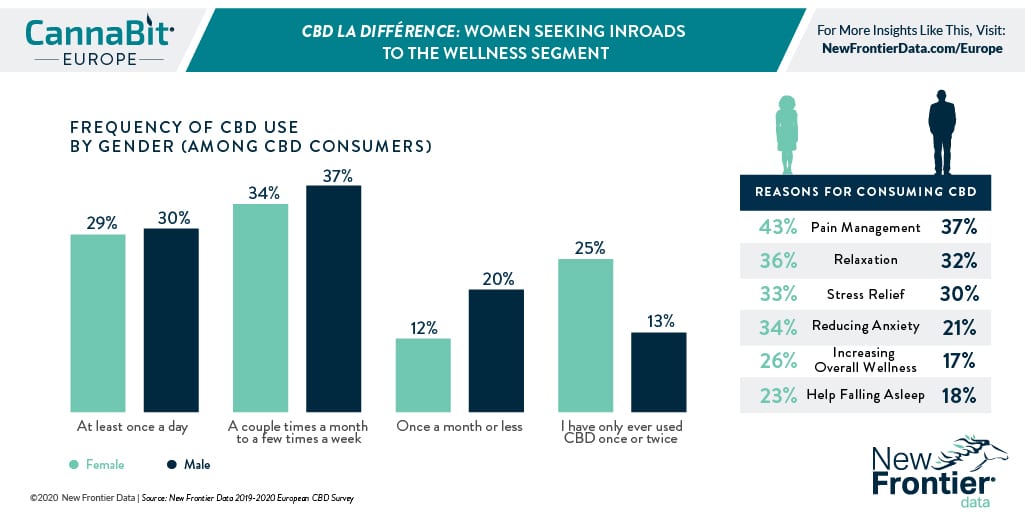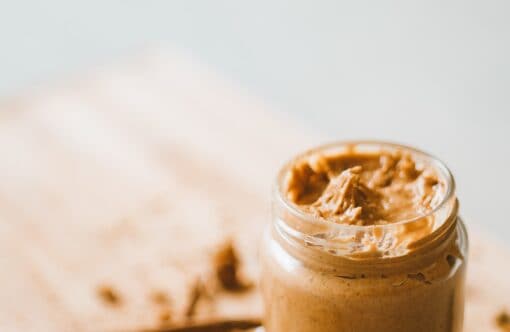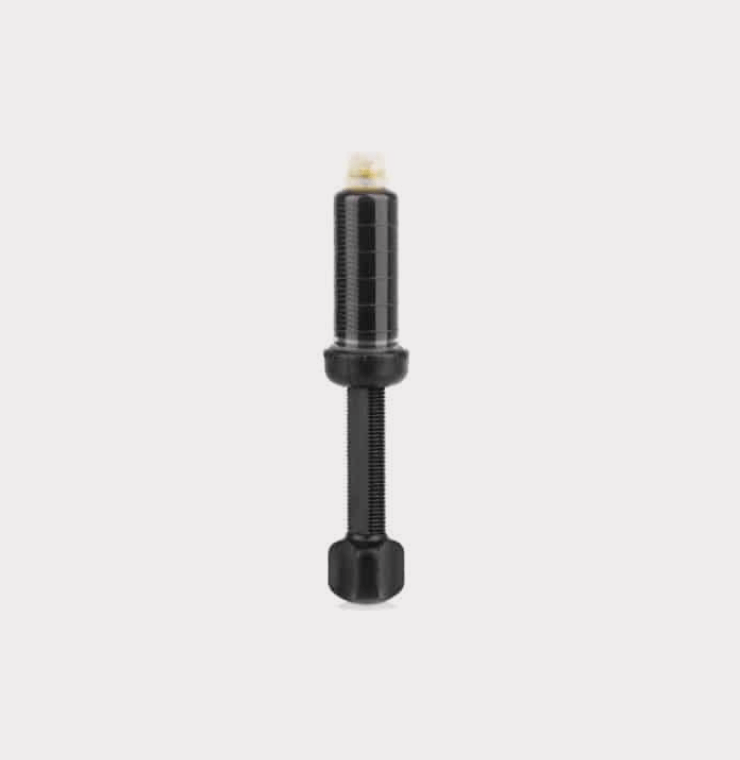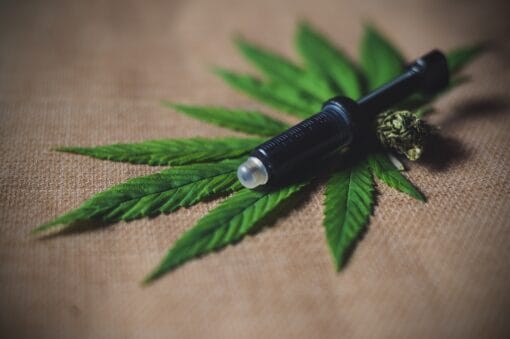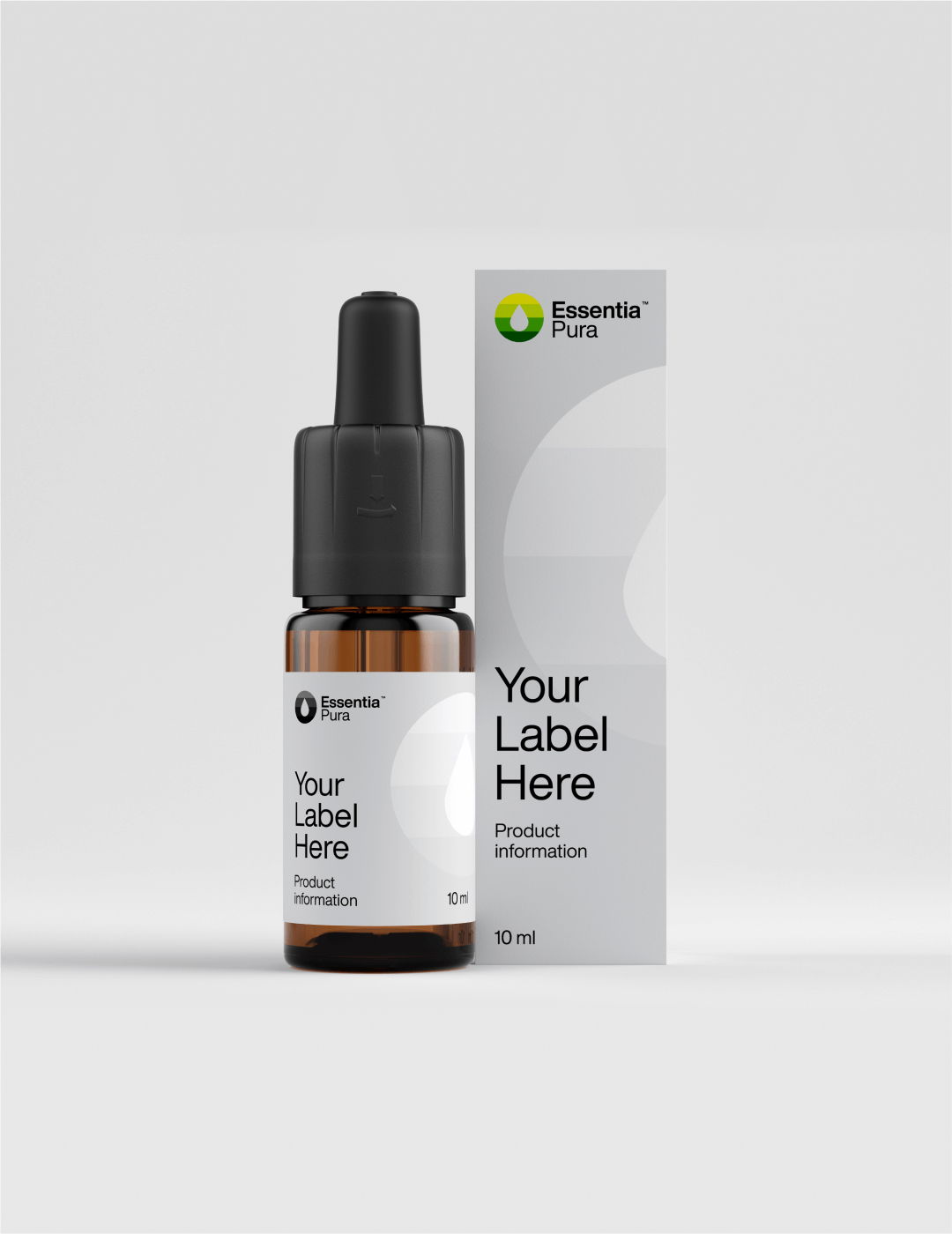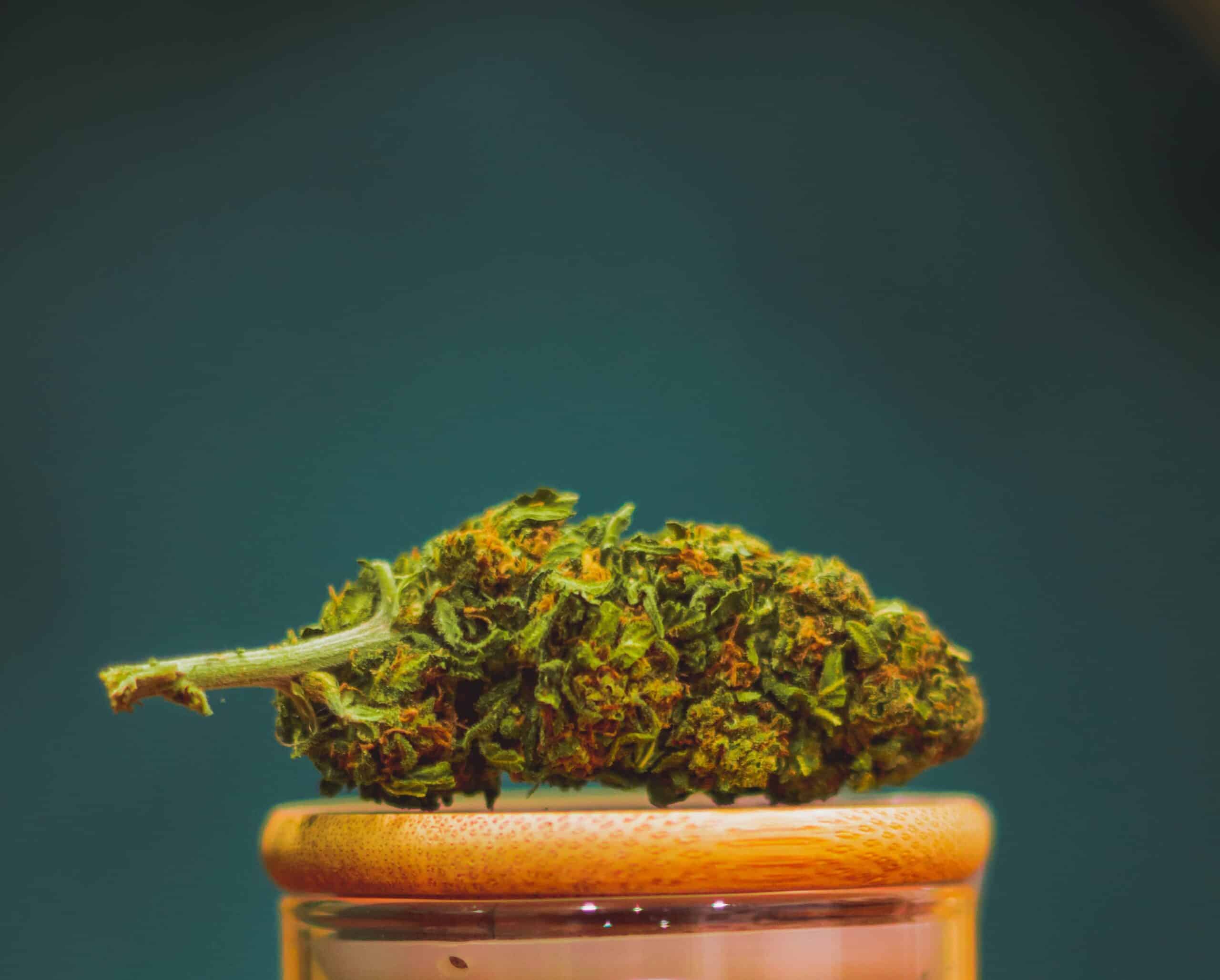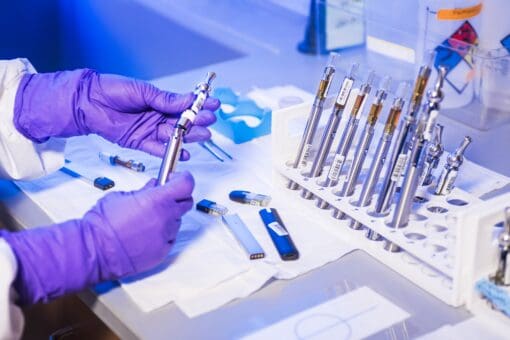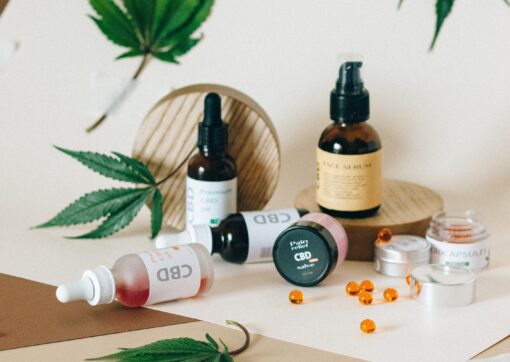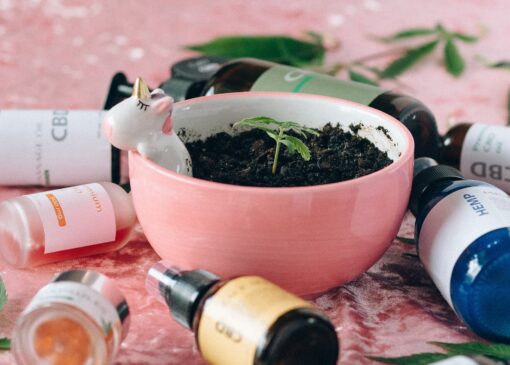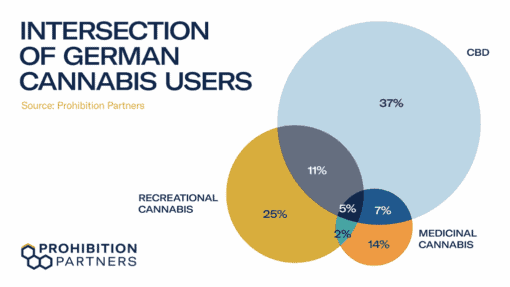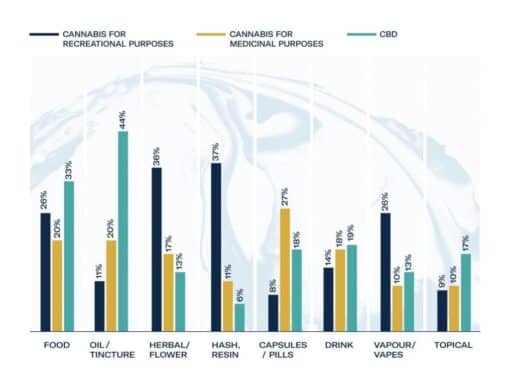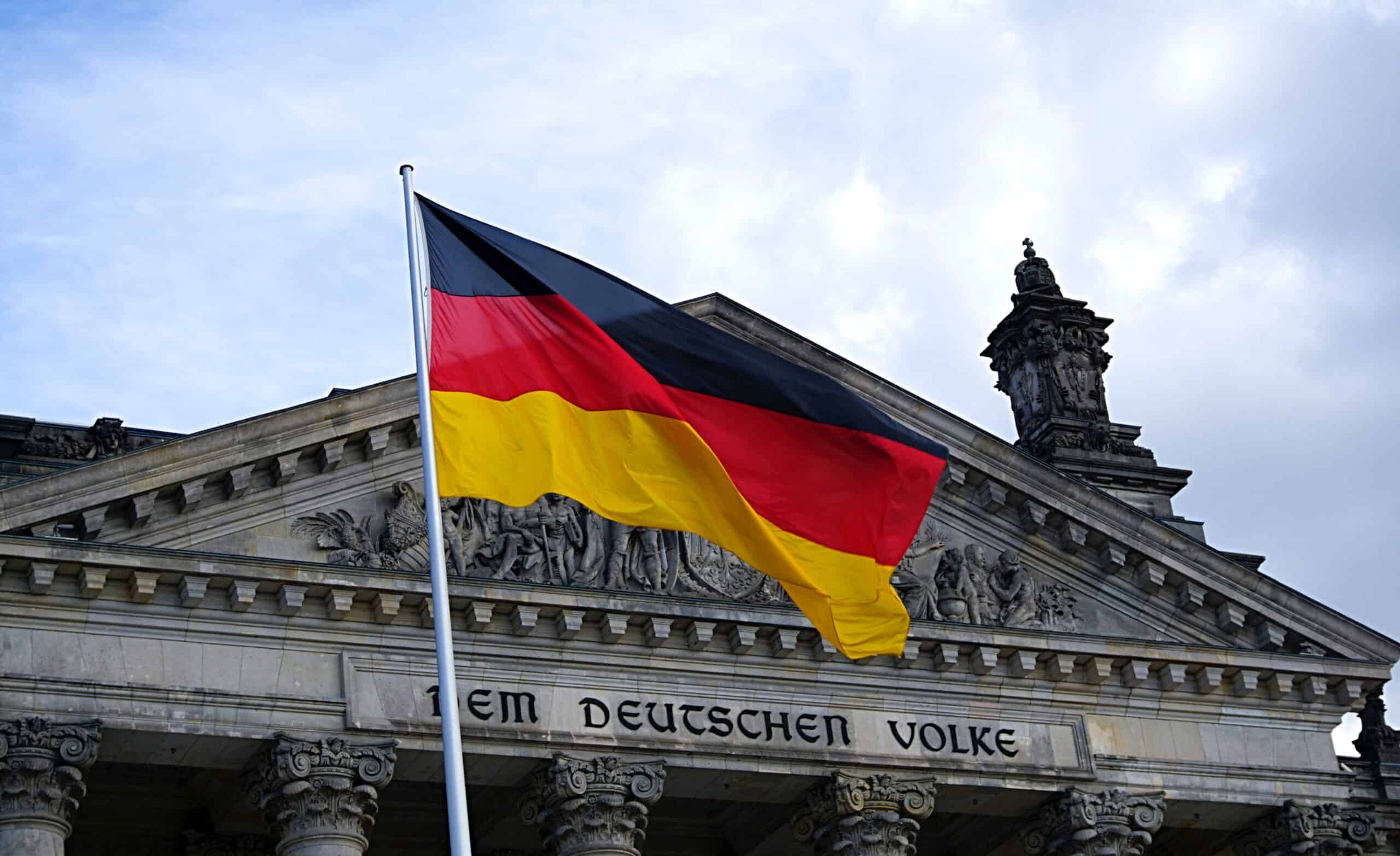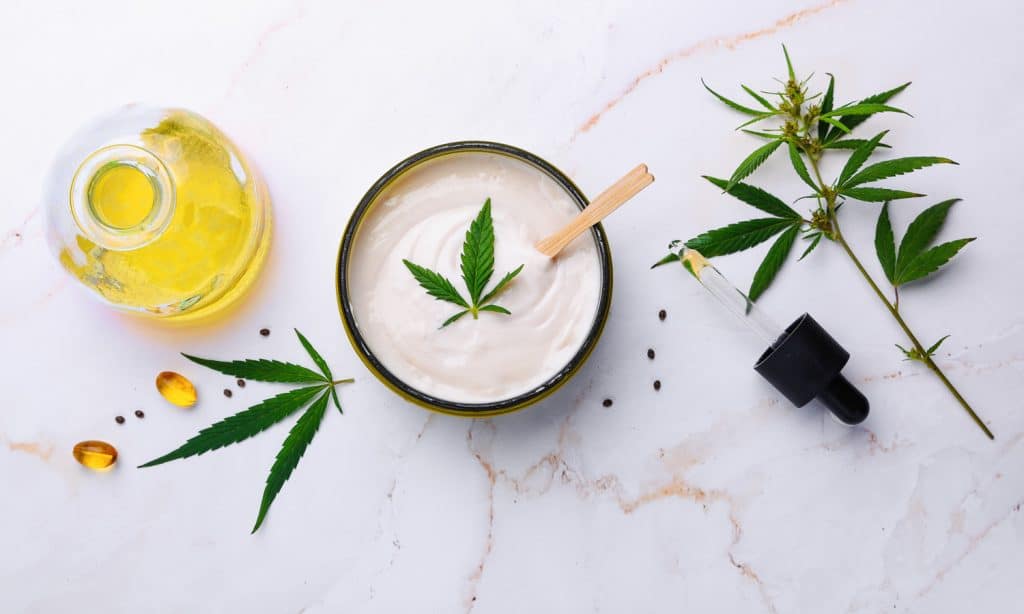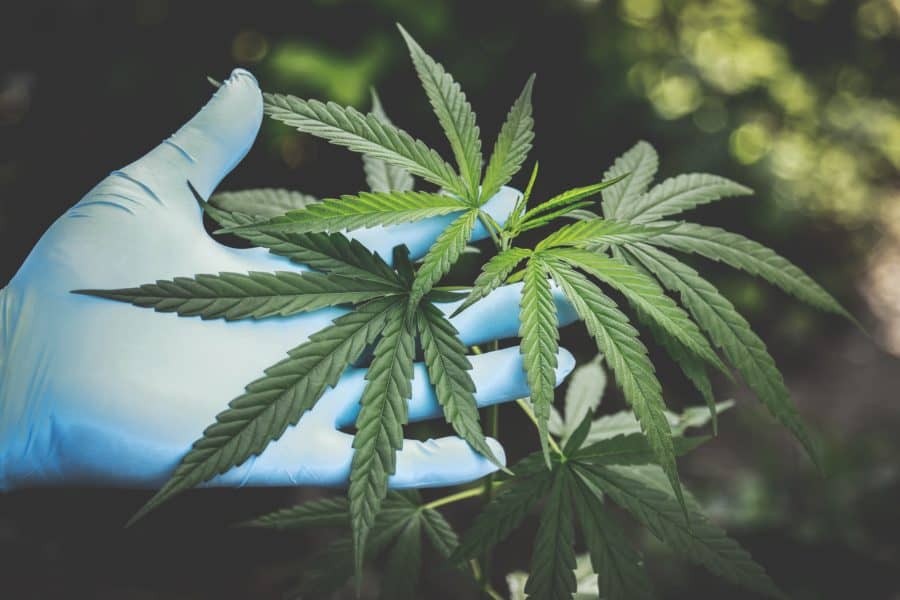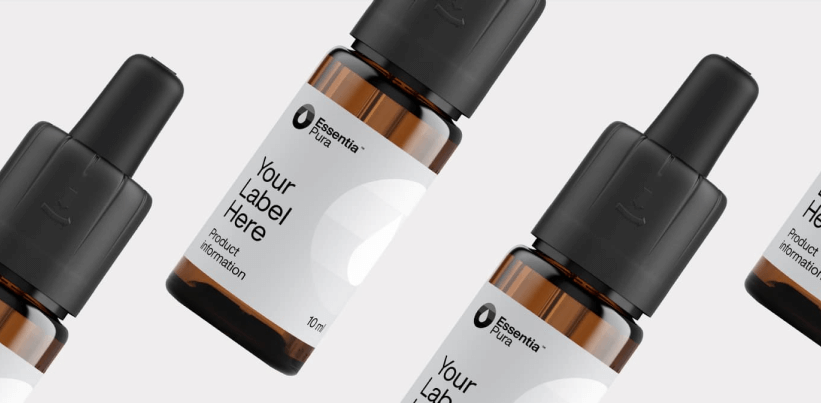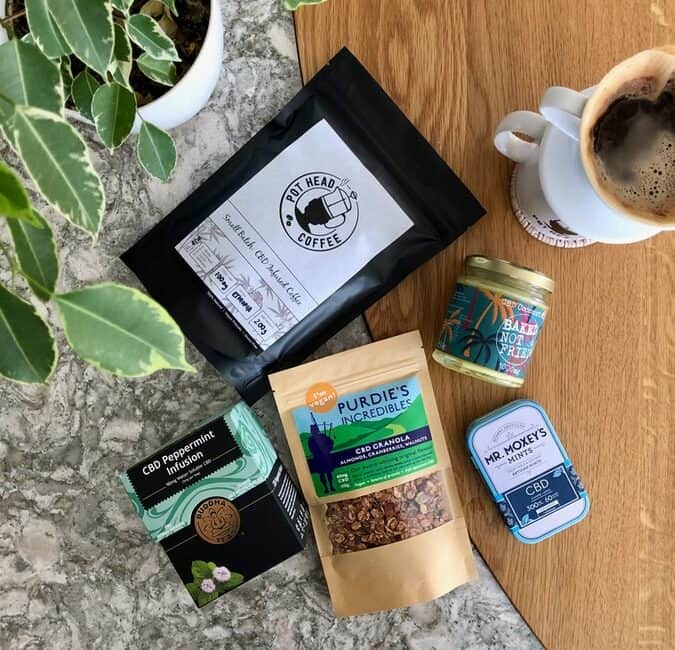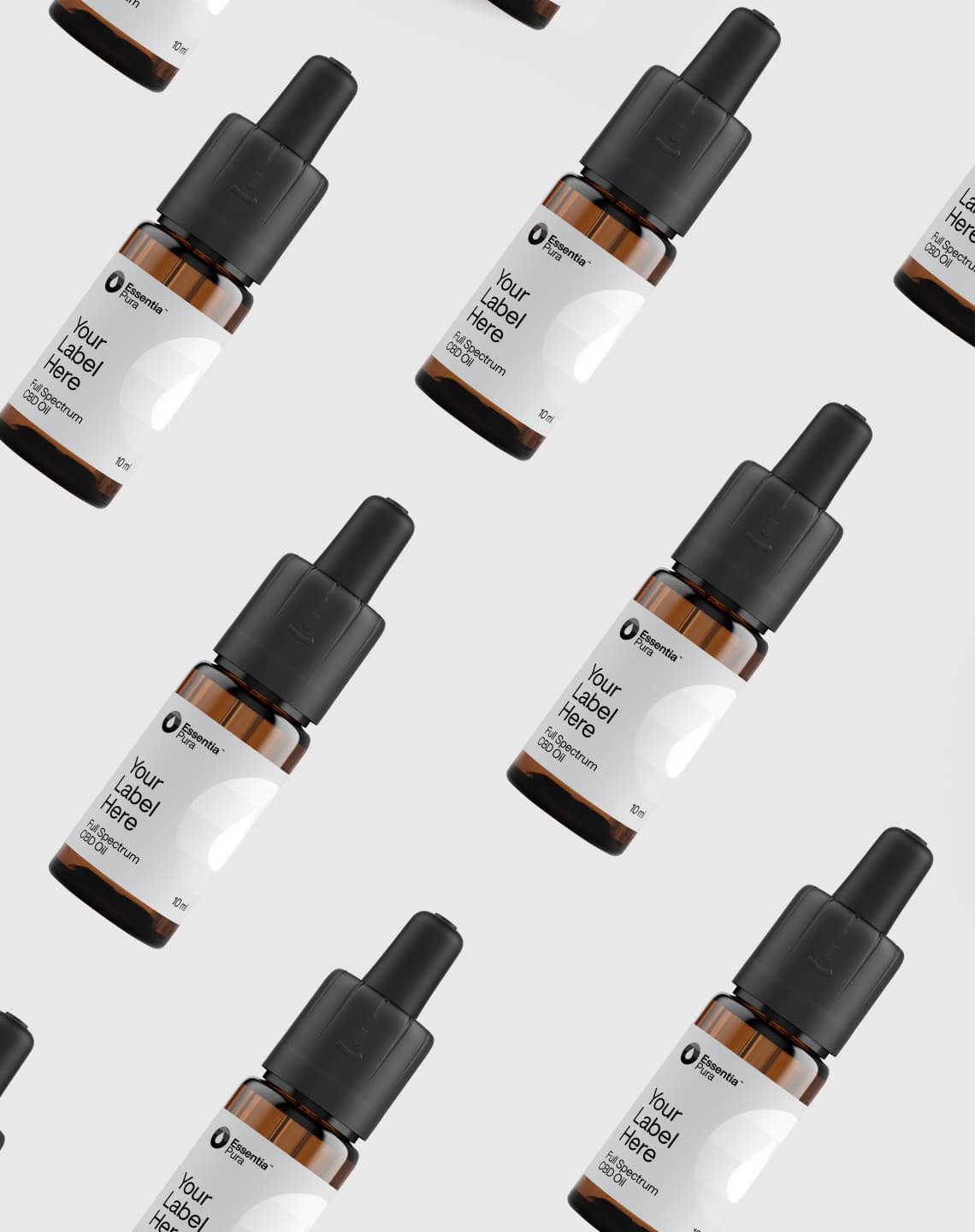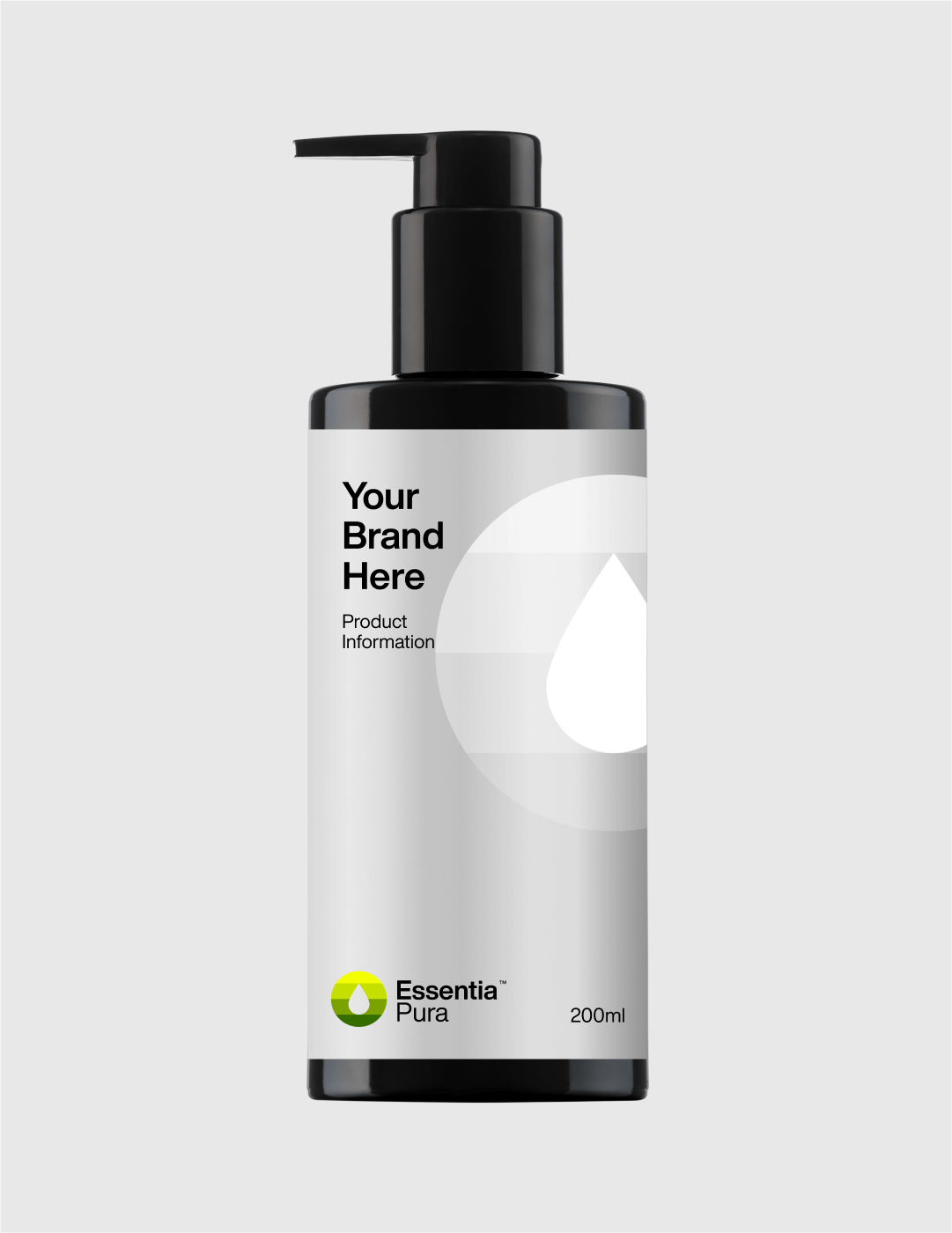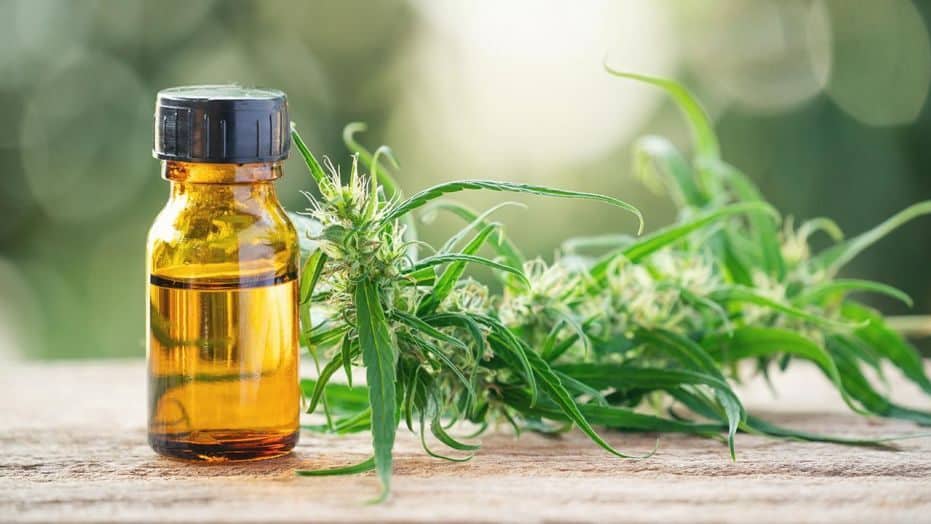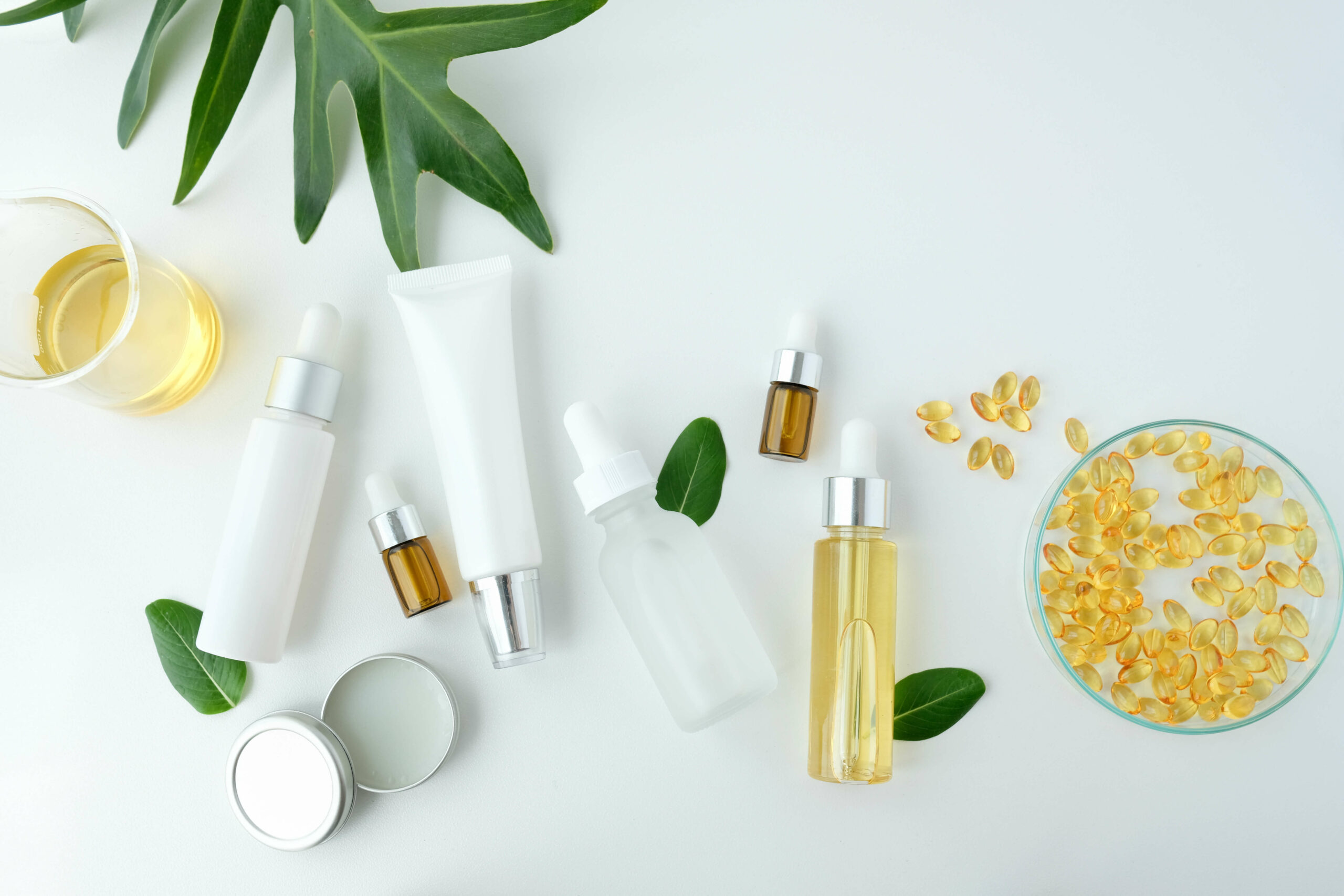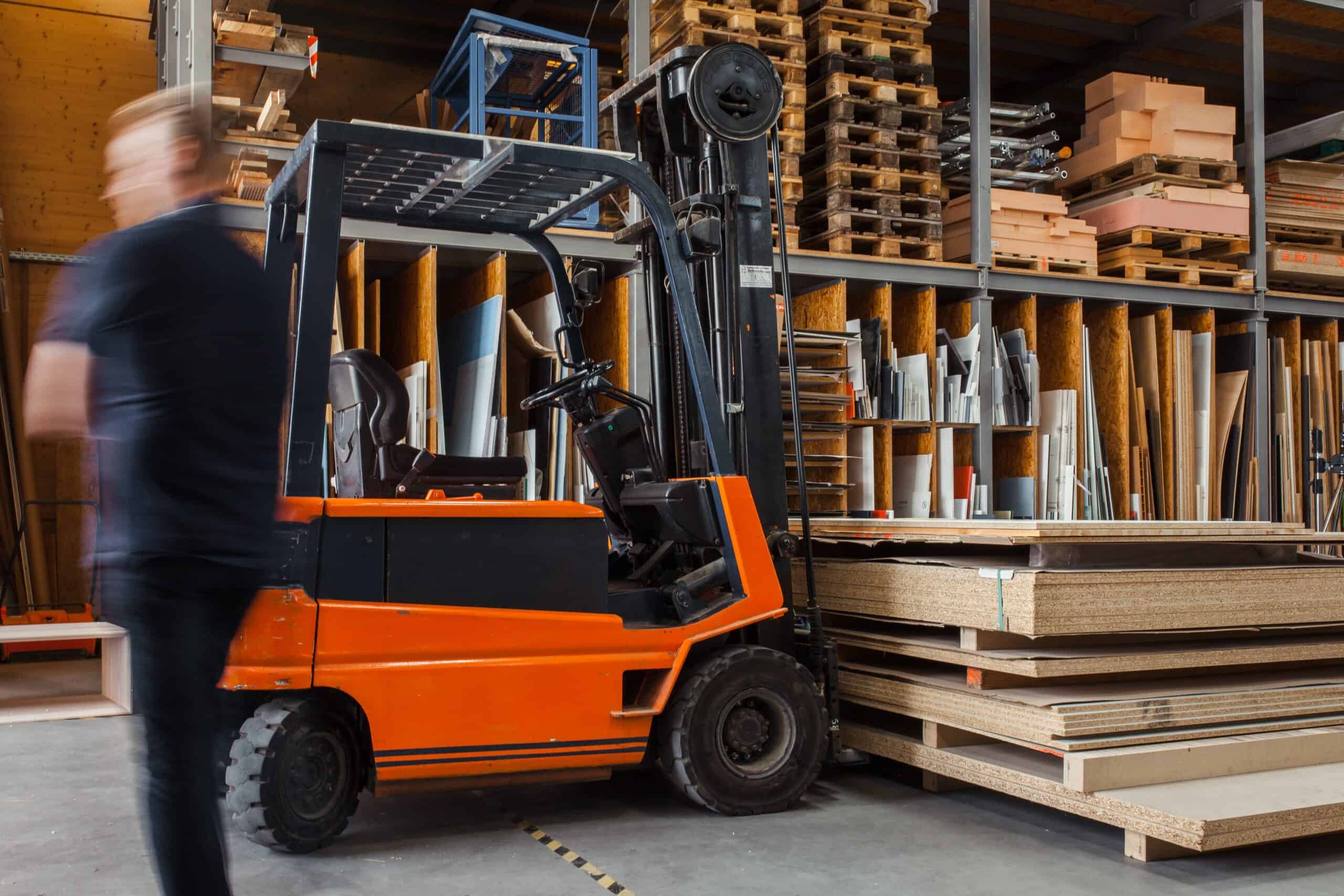CBD Store licenses: Do You Need a License to Sell CBD?
Introduction to the CBD market and its growing popularity
The popularity of CBD has skyrocketed in recent years. With its numerous health benefits, the CBD market is expanding rapidly. Entrepreneurs worldwide are eager to tap into this market and offer CBD products online. But do you actually need CBD store licenses to operate and sell CBD products?
Addressing the misconception: You don’t need a license to sell CBD products
Contrary to popular belief, offering CBD in the UK and many other EU countries does not require a specific business license. However, it’s crucial for sellers to ensure that their CBD products retail adhere to the legal THC limit and are derived from hemp, not marijuana.
Importance of adhering to local regulations and guidelines
While you might not require a license to sell CBD products, compliance with local regulations is important. Sellers must ensure that the products they offer meet quality standards and are safe for consumption.
In the UK, for instance, CBD as a novel food is regulated by the UK’s Food Standards Agency (FSA). Since 2020, you need a Novel Food authorization to offer CBD products. Obtaining this authorization, which involves a comprehensive review of toxicological data, can take over a year and may cost upwards of £50,000.
If you want to sell it as a medicinal product, you need to have approval from the Medicines and Healthcare Products Regulatory Agency (MHRA). So, while no specific license is required, ensuring that your products comply with these regulations is needed.
Overview of CBD’s legal status across the European Union
The European Union is a significant market for CBD products. While recent regulations on novel foods might seem restrictive, they could lead to a more unified and growing CBD market in the EU.
Since the regulation is subject to change, we invite you to follow this page, which is updated yearly with new regulations.
Differences in regulations among EU member states
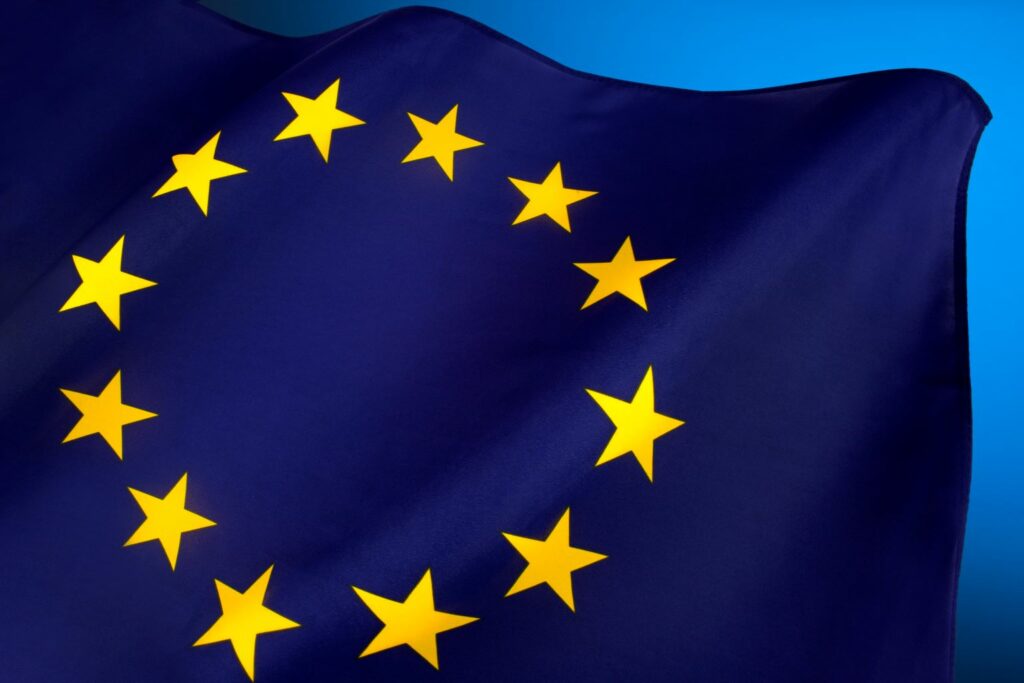
Countries like Germany and the UK have embraced the CBD business, while others have stricter regulations. It’s essential to understand whether it’s legal to offer CBD products in specific regions.
The EU introduced a revised Common Agricultural Policy (CAP) on 1 January 2023. This policy is foundational to the EU, outlining standards for importing specific agricultural products and the benefits farmers can receive, especially for crops like hemp.
CAP now governs hemp imports into the EU, setting the quality standards required. A notable change is the increase in the allowed THC level in imported raw hemp, moving from 0.2% to 0.3%, reverting to pre-1999 levels. Additionally, EU farmers can now access grants for hemp cultivation, provided the THC content remains under 0.3%. This aims to deter the growth of hemp for illegal drug use.
This is an improvement from the past CAP, which restricted benefits to hemp with THC levels below 0.2%. While countries like Italy and the Czech Republic might permit higher THC hemp cultivation, other member states might opt for stricter THC limits.
Potential implications for businesses operating in multiple EU countries
For businesses looking to start selling CBD across multiple EU countries, staying updated with the varying regulations is necessary to ensure compliance. The legal status of cannabidiol-based products varies by individual countries.
The CBD market in Europe significantly relies on the regulatory authorities for its legalization, licensing, and monitoring level.
The Court of Justice of the European Union in November 2020 stated that CBD is not a narcotic substance. This move allows CBD products to be sold freely across the countries of the European Union. However, what’s legal in one country might be illegal in another.
What Else Do You Need to Start Selling CBD products?
CBD Business considerations
Starting a CBD business goes beyond just having products available.
In the European Union, hemp is gaining recognition as a pivotal crop, with a growing emphasis on its role in economic and environmental progress. However, the extent to which member states adhere to this judgment remains inconsistent.
While CBD undergoes a transformation within EU regulations, there exists no uniform, EU-wide regulatory framework for medicinal cannabis at present. As the region grapples with evolving attitudes and policies, staying informed about this complex regulatory terrain is important.
Quality suppliers and third-party lab testing
Ensuring product quality is important. Collaborating with reputable suppliers and investing in third-party lab testing can help businesses guarantee the purity and safety of their products. You can find a list of Europe’s top CBD suppliers and manufacturers here.
Here are some key factors to consider when selecting a reputable CBD supplier
- Qualifications: Check the supplier’s qualifications. This includes their licensing and compliance with regulations.
- Product Range: Consider the type of products they offer. Some suppliers may specialize in certain types of CBD products.
- Hemp Source: Find out how they source their hemp. The quality of hemp can greatly affect the quality of the CBD product.
- Certificate of Analysis (CoA): Reputable CBD companies provide batch-specific lab results, which you can usually find on the company’s website. If the product you’re buying doesn’t come with a CoA, it is not reputable.
- Third-Party Lab Results: They should offer third-party lab results. This ensures that the product has been tested for safety and efficacy by an independent laboratory.
- Testing for Contaminants: The products should be tested for contaminants, pesticides, and heavy metals. This ensures that you’re getting a safe product.
- Customer Service: Ask about their customer service – how responsive are they to questions, complaints, or feedback?
- Online Presence: Pay attention to your preferred supplier’s online presence. A strong online presence can be a good indicator of a reputable supplier.
Developing an effective marketing strategy
Given the competitive nature of the CBD market, a strong marketing strategy is essential.
Finding the right payment processor
Some payment processors do not work with CBD businesses due to the industry’s association with cannabis. Therefore, finding a payment processor that accepts CBD businesses is important.
Ensuring product safety
All CBD products sold must be safe for consumption and meet all relevant safety standards.
Insurance in the CBD Industry
Given the evolving nature of the CBD market, having business insurance can protect sellers from potential legal disputes.
Insurance for the cannabis industry in Europe is still a developing topic. Here’s a breakdown:
Health Insurance
The main debate is whether health insurance should cover cannabis. Germany tried to offer national coverage, but Dutch insurers stopped covering it.
Business Insurance
It’s progressing slowly. The focus is on the construction of cannabis facilities and the products they produce. Big players like Munich Re were hesitant to join the conversation in Europe as of 2018.
There are some private insurance companies that cover the Hemp Industry. Some of them even specialize in the field.
Building Insurance
This area, which covers places of business and employee spaces, hasn’t been addressed yet.
Physical store vs. online store considerations.
While a physical store offers the advantage of face-to-face customer interaction, an online store provides a broader reach. Sellers must weigh the pros and cons of each to determine the best fit for their business model.
Do you need custom private or white-label products for your CBD business?
What is private labeling vs. white labeling
White Label CBD Products
- White labeling allows businesses to purchase pre-made products from a manufacturer and sell them under their brand name.
- The manufacturer produces a generic product, which is then labeled by the purchasing company.
- This method is cost-effective and allows businesses to quickly launch a product without the need for extensive research and development.
Private Label CBD Products:
- Private labeling involves a closer partnership between the manufacturer and the business.
- The business provides specific requirements, formulations, or ingredients they want in the product.
- This method offers more control over the product’s quality, ingredients, and overall branding.
Key Differences
Customization
Private label offers more customization options compared to white label.
Time to Market
White-label products can be launched faster as they are pre-made, while private-label products may require more time for development.
Cost
White labeling is generally more cost-effective, but private labeling offers more control over the product.
Which is Better?
The choice between white label and private label depends on the business’s goals, budget, and desired level of control over the product.
Best selling products
Overview of popular CBD products in the market
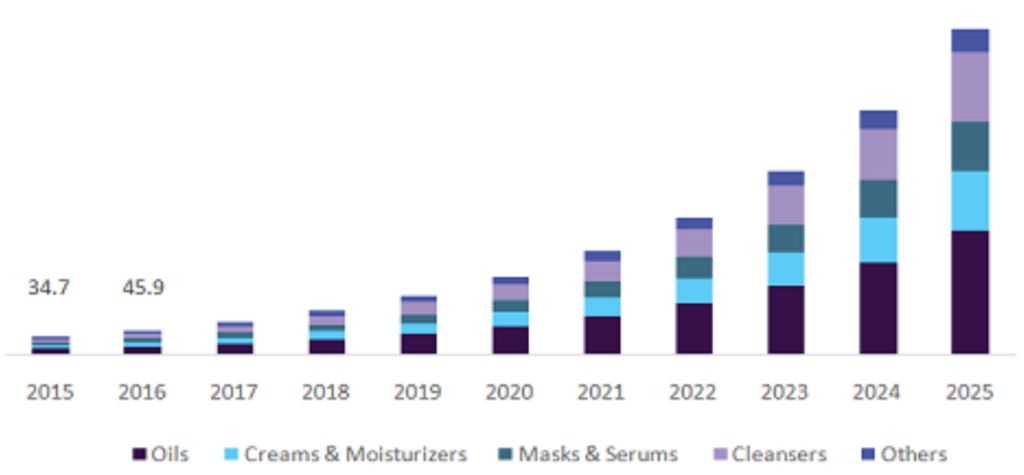
The market is diverse, with products ranging from oils and tinctures to edibles and topicals.
Oils and tinctures
CBD oils are among the most popular products, known for their versatility and ease of use. They are typically made by extracting CBD from the cannabis plant and then diluting it with a carrier oil like coconut or hemp seed oil. The main advantage of CBD oils is that they can be taken sublingually (under the tongue) for faster absorption or added to food and drinks. They come in various concentrations, allowing users to tailor their dosage according to their needs.
Edibles like gummies
CBD-infused gummies offer a tasty and discreet way to consume CBD, making them a favorite among many consumers. They provide a pre-measured dose of CBD in a chewable form, which can be particularly appealing to those who dislike the taste of CBD oil. Gummies can come in a variety of flavors, shapes, and potencies. They are also portable, making them convenient for on-the-go consumption.
Topicals and creams
Ideal for localized relief, CBD topicals and creams are perfect for addressing pain, inflammation, and skin issues. They are applied directly to the skin, allowing for targeted relief. The skin absorbs the CBD, which then interacts with nearby cannabinoid receptors. This makes topicals an excellent choice for conditions like arthritis, muscle pain, and skin conditions like eczema.
Pet products
The benefits of CBD aren’t just limited to humans. Products for pets, especially oils and treats, have seen a surge in popularity. Pet owners have reported that CBD can help with issues like anxiety, pain, and seizures in pets. It’s essential to choose products specifically formulated for pets and to consult with a veterinarian before administering CBD to animals.
Marketing CBD Products
Introduction to the unique challenges of marketing CBD.
The CBD industry, despite its rapid growth, faces a unique set of challenges when it comes to marketing. The primary challenge stems from the regulatory landscape that varies by region and country. In many places, the promotion of CBD products is heavily restricted, limiting the avenues through which businesses can advertise. Additionally, misconceptions surrounding CBD, often confusing it with THC (the psychoactive compound in cannabis), can make consumers wary.
Effective marketing strategies tailored for the CBD industry
Content Marketing
One of the most effective ways to market CBD is through content marketing. This involves creating informative articles, blogs, and videos that educate the audience about the benefits of CBD, its uses, and its differences from other cannabis compounds. By offering valuable content, businesses can position themselves as industry experts and attract organic traffic to their websites.
Influencer Partnerships
Collaborating with influencers, especially those in the health and wellness sector, can help brands reach a broader audience. Influencers can provide authentic reviews and testimonials, helping to demystify CBD products and their benefits.
Affiliate Marketing
This strategy involves partnering with individuals or businesses to promote CBD products. In return, these affiliates earn a commission for every sale made through their referral. It’s a win-win situation, as businesses increase their sales and reach while affiliates earn for their promotional efforts.
Importance of transparency and building customer trust
In an industry riddled with skepticism, building customer trust is essential. Consumers are often concerned about CBD products’ purity, quality, and efficacy. To address these concerns, you should do the following.
Provide Lab Test Results
Offering third-party lab test results can assure customers of the product’s quality and purity. These tests can confirm the CBD concentration and ensure that the product is free from harmful contaminants.
Educational Resources
Providing resources that educate consumers about CBD, its benefits, and its safety can help dispel myths and misconceptions. This could be in the form of blog posts, FAQs, webinars, or e-books.
Customer Testimonials
Sharing testimonials and reviews from satisfied customers can offer social proof, further building trust.
Clear Labeling
Product labels should clearly indicate the amount of CBD, list all ingredients, and provide usage instructions. This transparency ensures that customers know exactly what they are consuming.
While marketing CBD products presents its unique challenges, businesses can effectively reach their target audience and build lasting trust with the right strategies and a focus on transparency.
How to Offer CBD in an Online Store
Advantages of offering CBD online.
In today’s digital era, selling products online has become the norm rather than the exception. Here are some advantages of offering CBD online:
Global Reach
Unlike brick-and-mortar stores that are limited by their geographical location, online stores can reach customers worldwide.
24/7 Accessibility
Online stores are always open, allowing customers to shop at their convenience, be it day or night.
Reduced Overheads
Without the need for physical storefronts, businesses can save on rent, utilities, and in-store staff, translating to potentially higher profit margins.
Data Collection
Online platforms allow businesses to gather data on customer preferences, buying habits, and feedback, enabling them to tailor their offerings and marketing strategies more effectively.
Setting up an online store – start selling CBD online
Website Design
A well-designed website is important. It should be visually appealing, easy to navigate, and mobile-responsive. High-quality images, clear product descriptions, and an intuitive checkout process can enhance the user experience.
Payment Gateways
Security is also very important when dealing with online transactions. Integrating trusted payment gateways that offer encrypted transactions will assure customers of their financial safety.
SEO (Search Engine Optimization)
To increase visibility, businesses should optimize their website content for search engines. This includes using relevant keywords, creating quality content, and ensuring fast website loading speeds.
Navigating online advertising restrictions on platforms like Facebook and Google
Promoting CBD products can be tricky due to advertising restrictions on major platforms. Here’s how businesses can navigate these challenges:
Stay Updated
Rules and regulations can change. It’s essential to stay updated with the advertising policies of platforms to avoid violations.
Content Marketing
Instead of direct advertising, businesses can focus on creating educational and informative content about CBD, its benefits, and its uses.
Influencer Partnerships
Collaborating with social media influencers can be an effective way to promote products without directly advertising them.
Alternative Platforms
Consider advertising on platforms that are more CBD-friendly or industry-specific forums and websites.
Importance of customer reviews and testimonials
Building Trust
Positive reviews can instill confidence in potential customers, assuring them of the product’s quality and efficacy.
Feedback Loop
Reviews provide valuable feedback, helping businesses improve their products and services.
SEO Benefits
User-generated content, like reviews, can improve search engine rankings, driving more organic traffic to the website.
Social Proof
Testimonials and reviews act as endorsements, influencing undecided customers and nudging them toward making a purchase.
Conclusion
The CBD industry presents a world of opportunities, especially within the European Union. As the market continues to evolve, staying informed and compliant with regulations is important.
While the path to establishing a successful CBD business may seem complex, the rewards, both financially and in terms of contributing to the well-being of consumers, are significant.
Businesses can navigate the challenges and thrive in this burgeoning industry by focusing on quality, transparency, and customer trust. As always, continuous learning and adaptation are key to ensuring that businesses meet and exceed the expectations of their customers.

